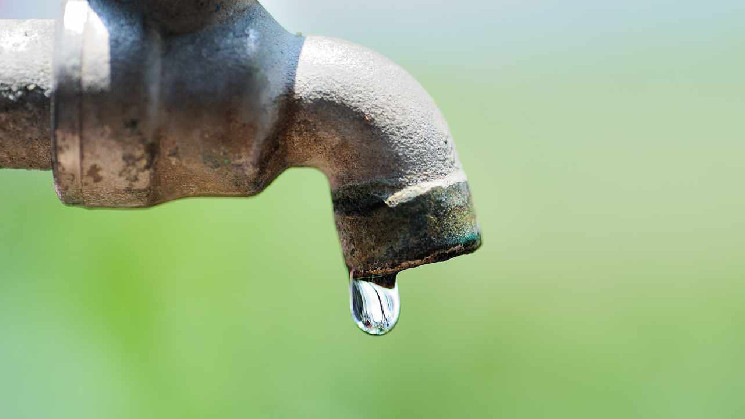The Crypto Council for Innovation has highlighted the positive impact of web3 in rural India through a case study that demonstrated improved water access. Decentralized solutions, like those implemented by Atlantis DAO, are transforming water availability and creating economic opportunities in drought-prone regions. Over 80% of participants reported better access to clean water, and new jobs were created within the community, enhancing cooperation and ownership.
Web3 Solutions Transform Water Access in Rural India
The Crypto Council for Innovation showcased on Wednesday the tangible benefits of web3 through a case study in rural India, where water availability has dramatically decreased. According to the Council:
In rural India, where water availability has decreased by 75%, decentralized solutions are rewriting the narrative.
India’s population has surged by about a billion over the past six decades. At the same time, water availability has plummeted by 75%, the Council explained. This shortage is especially severe in rural and drought-prone regions, impacting daily life and educational opportunities. The scarcity has led to a 20% rise in school dropout rates, as children are forced to prioritize water collection over education. Additionally, nearly 50% of women frequently collect unsafe water.
In response, Atlantis DAO has launched initiatives to enhance water accessibility and create economic opportunities. The Council stated:
By leveraging a peer-to-peer water network, Atlantis DAO improved access to clean water, efficiency of water collection, and new sources of income.
During an 11-month project, significant progress was made: over 80% of the 4,000 participants reported better access to clean water; approximately 450 new jobs were generated within the network; and nearly all participants experienced improved community cooperation.
Decentralization was crucial for radically rethinking resource coordination, making water access more efficient and affordable, while also creating flexible earning opportunities, the Council stressed, adding:
Most participants reported a greater sense of ownership in ensuring their communities had clean water.
What do you think about the impact of decentralized solutions on water access in rural India? Let us know in the comments section below.
 news.bitcoin.com
news.bitcoin.com
